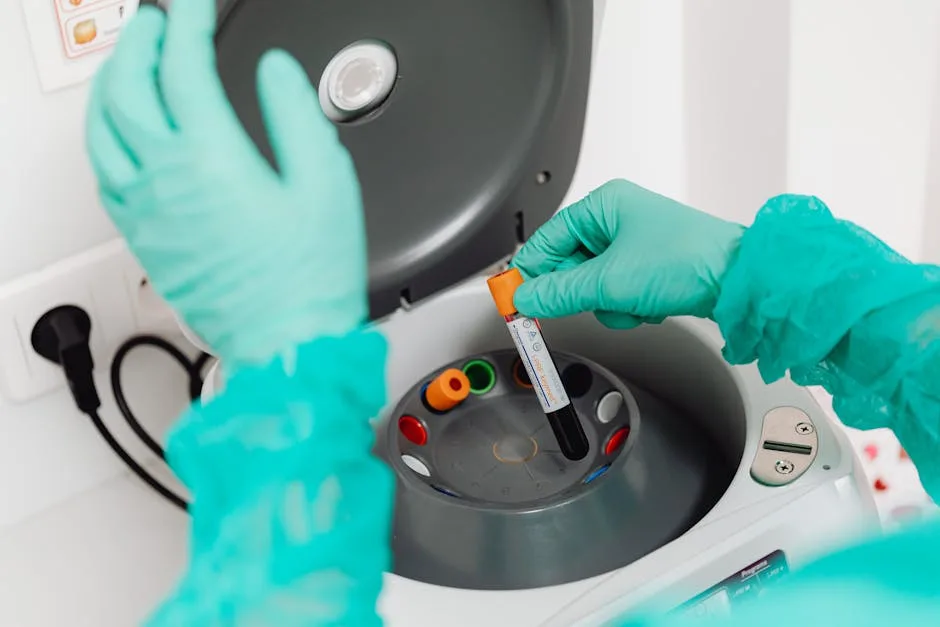
In 2024, Saxony reported a significant reduction in approved animal experiments, with numbers dropping by a third compared to the previous year. According to data from the Süddeutsche Zeitung, only 91 approvals were granted, down from 138 in 20231. This decline aligns with broader trends in Germany, where animal testing has decreased by 7% between 2022 and 20235. However, ethical debates persist, particularly around the use of primates and the slow adoption of alternative research methods.
Key Statistics and Regional Trends
Saxony’s reduction in animal testing approvals reflects a combination of regulatory changes and shifting research priorities. In 2023, 126,500 animals were used in experiments, with mice (112,000) and zebrafish (8,100) being the most common subjects1. The Technical University of Dresden accounted for the majority of these experiments, utilizing 91,000 animals, while 11 dogs were used primarily for medical training. Critics, including the Linksfraktion Sachsen, argue that despite the decline, more funding should be allocated to alternatives such as organ chips and 3D models2.
Scientific Justifications and Challenges
Researchers emphasize that animal testing remains necessary for certain fields, such as immunology and drug safety. The MDR reports that Germany used 2.13 million animals in 2023, mostly mice, highlighting the scale of reliance on these models3. While the EU aims to phase out animal testing, alternatives often lack scalability for complex studies. Thuringia, for instance, has warned against overregulation, citing potential impacts on rural healthcare research3.
Transparency and Public Perception
The University of Leipzig has joined the “Transparent Animal Experiments” initiative to improve communication about the necessity of such research4. This move addresses growing public scrutiny and demands for accountability. However, ethical concerns remain, particularly around the use of primates like Javaneraffen, which continue to spark controversy5.
Broader Implications and Future Outlook
The decline in animal testing approvals in Saxony mirrors wider shifts in research ethics and policy. While progress is evident, the debate between scientific necessity and ethical responsibility is far from resolved. Advocates urge faster adoption of synthetic and computational methods, but researchers caution that alternatives are not yet viable for all applications. The ongoing tension between these perspectives will likely shape future regulations and funding priorities.
References
- “Forschung: Tierversuche in Sachsen: 2024 ein Drittel weniger genehmigt,” Süddeutsche Zeitung, 2025. [Online]. Available: https://www.sueddeutsche.de/wissen/forschung-tierversuche-in-sachsen-2024-ein-drittel-weniger-genehmigt-dpa.urn-newsml-dpa-com-20090101-250427-930-469760
- “Susanne Schaper zum Internationalen Tag zur Abschaffung der Tierversuche: Druck für Alternativen aufbauen – auch förderpolitisch,” Linksfraktion Sachsen, 2025. [Online]. Available: https://www.linksfraktionsachsen.de/presse/detail/susanne-schaper-zum-internationalen-tag-zur-abschaffung-der-tierversuche-druck-fuer-alternativen-aufbauen-auch-foerderpolitisch/
- “Internationaler Tag der Versuchstiere: Tierversuche und Alternativen,” MDR, 2025. [Online]. Available: https://www.mdr.de/wissen/medizin-gesundheit/internationaler-tag-versuchstiere-tierversuche-alternativen-100.html
- “Tierexperimentelle Forschung,” Universität Leipzig, 2025. [Online]. Available: https://www.uni-leipzig.de/forschung/wissenschaftliche-integritaet/tierexperimentelle-forschung
- “Fast ein Drittel weniger Touristen aus Deutschland in den USA,” Tageskarte, 2025. [Online]. Available: https://www.tageskarte.io/tourismus/detail/fast-ein-drittel-weniger-touristen-aus-deutschland-in-den-usa.html




